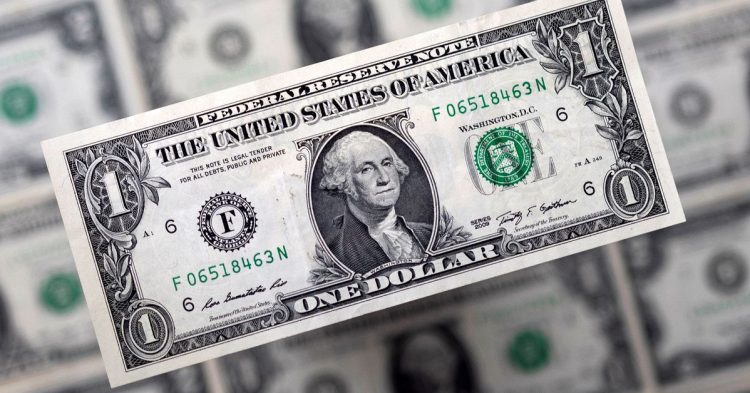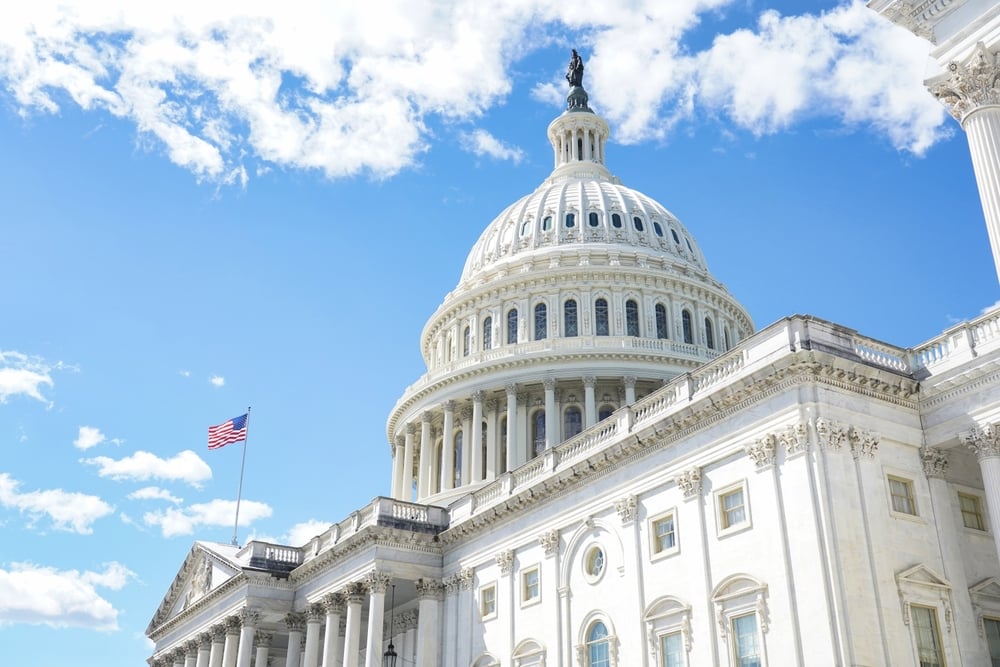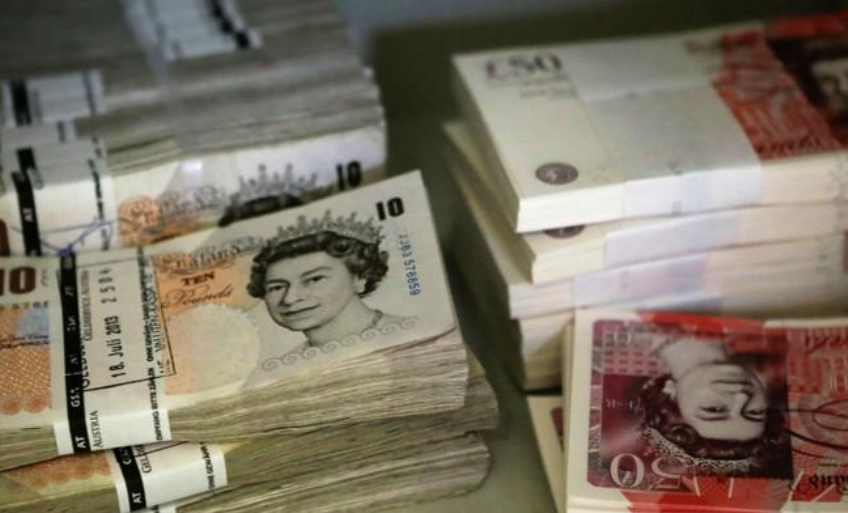Publisher: Maaal International Media Company
License: 465734
Dollar finds friends after sticky U.S. inflation readout
The dollar found support in Asia on Wednesday after stubbornly high U.S. inflation suggested interest rates are going to remain high for longer than investors had expected, Reuters reported.
Headline CPI was 0.5% in January, mostly due to higher rental and food costs. That was in line with forecasts, though the annual figure of 6.4% was a bit more than expected and bets on rate falling toward the end of 2023 were being quickly unwound.
The U.S. dollar climbed to a six-week high of 133.30 yen on Tuesday and sat not far below that at 133.11 early in the Asian afternoon. Down 0.6% to $0.6300, the New Zealand dollar was setting to test support around $0.6270. The Australian dollar fell 0.7% to $0.6935.
China’s yuan hit a one-month low at 6.8463 to the dollar. Sterling and the euro each fell about 0.2%. The moves seem to be firmly arresting a steep slide in the dollar that ran through January.
“Market hopes of rapid disinflation continue to recede,” said Bank of Singapore currency strategist Moh Siong Sim. “The risk is that the Fed might nudge up its dot plot (rate projections) a tad at the March meeting.” In December, Federal Reserve board members’ median projection was for a peak in rates at 5.1% this year, but interest rate futures markets now price a peak above 5.2% and Fed officials struck a hawkish tone on Tuesday.
“We must remain prepared to continue rate increases for a longer period than previously anticipated,” said Dallas Fed President Lorie Logan.
Longer-run Fed funds futures have sold sharply and to imply rates persisting above 5% through 2023. Australia’s central bank chief Philip Lowe told members of parliament that rates still had a way to rise Down Under.
Later in the day British inflation is due, with a consensus forecast for annual headline CPI at a whopping 10.3% – more than five times the Bank of England’s 2% target. U.S. retail sales figures are also due and will gauge how the U.S. consumer is bearing the 450 basis points of Fed rate hikes in the past year.
Buffett’s Quick $3.7 Billion Sale of TSMC Stock Spooks Investors
Warren Buffett slashed his holding of Taiwan Semiconductor Manufacturing Co. just months after disclosing a major stake, an unusually quick reversal by the legendary stock picker that’s chilling investor sentiment toward the chip giant, Bloomberg reported.
Buffett’s Berkshire Hathaway Inc. cut its holding of TSMC’s American depositary receipts by 86% last quarter, according to the latest filing. Assuming it sold them at the average price over the period, the stake sale would have fetched $3.7 billion.
Shares of the world’s largest chip foundry slid as much as 4% in Taipei following the news, amid broad market losses. TSMC had jumped in November amid news that Buffett had acquired a stake worth about $5 billion, and it’s still up more than 40% from an October low.
اقرأ المزيد
“It’s surprising that Berkshire cut its holding so much in just a quarter, which differs from its past practice of long-term investment and continuing to add shares,” said Tony Huang, vice president at Taishin Securities Investment Advisory Co.
The chip industry has had to contend with Covid-induced supply disruptions in China and a slump in demand for electronics amid surging inflation. TSMC cut its spending target by about 10% in 2022 to about $36 billion after the Biden administration slapped new restrictions on China’s access to critical technologies.
The economics of the industry are shifting too. Amid US-China political tensions, governments in Washington, Tokyo and Brussels are all pushing TSMC to help build local production capabilities. This threatens to drive up its costs.
Late last year appeared to be a good time to buy TSMC shares as a value investor. Its forward price-to-earnings ratio hit 10.3 times in October, the lowest since 2015, before bouncing back to nearly 14 times in November, according to data compiled by Bloomberg.
The Taiwanese chipmaker’s shares had rallied amid a rise global chip stocks as investors tried to gauge a bottom. It extended gains last month even after it announced plans to further lower spending and signaled its first quarterly revenue drop in four years.
While the stock will likely suffer near term on news of Buffett’s selldown, TSMC’s longer term outlook is still positive, according to Taishin Securities’ Huang.
“Many global investors continue adding its shares with its fundamentals improving, including better utilization rates and its leadership role in advanced technology,” he said.









